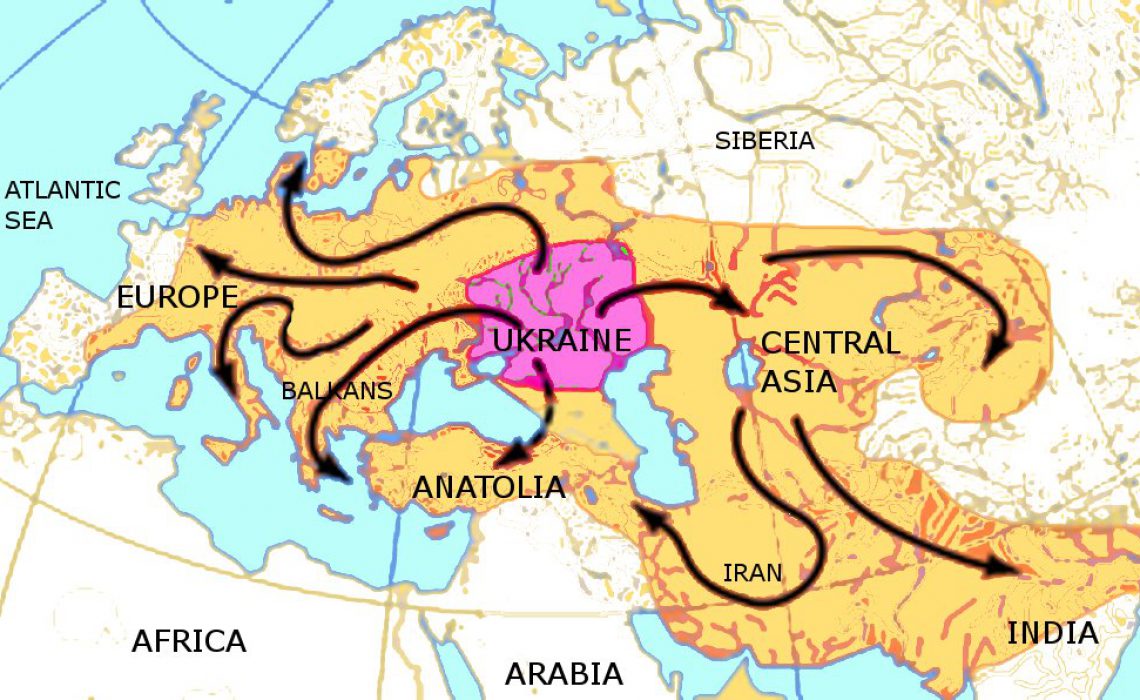
The Indo-Europeans: The Grandparents of Philosophy
There has been and continues to be much scholarly debate as to what extent the classical Greek philosophical tradition, what we call Hellenic philosophy herein, which classically begins with a study of the so-called “Pre-Socratics”, the…
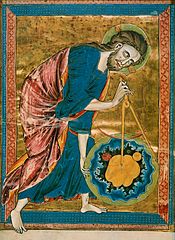
Logos from Mythos: The Heart of Eurasian Philosophy
At some level, a religious tradition can be thought of as distinguished by, or even defined by, its creation story – i.e. its cosmological narrative - and the Hindu/Vedic tradition is no different in this regard although it has many nuances…

Indo-European Philosophy: On the Soul
There are many parallels that can be drawn between early Hellenic and Upanishadic philosophy. In particular, we find many similarities between the philosophy presented by Plato in his Middle Period as he developed and fine-tuned his theory…
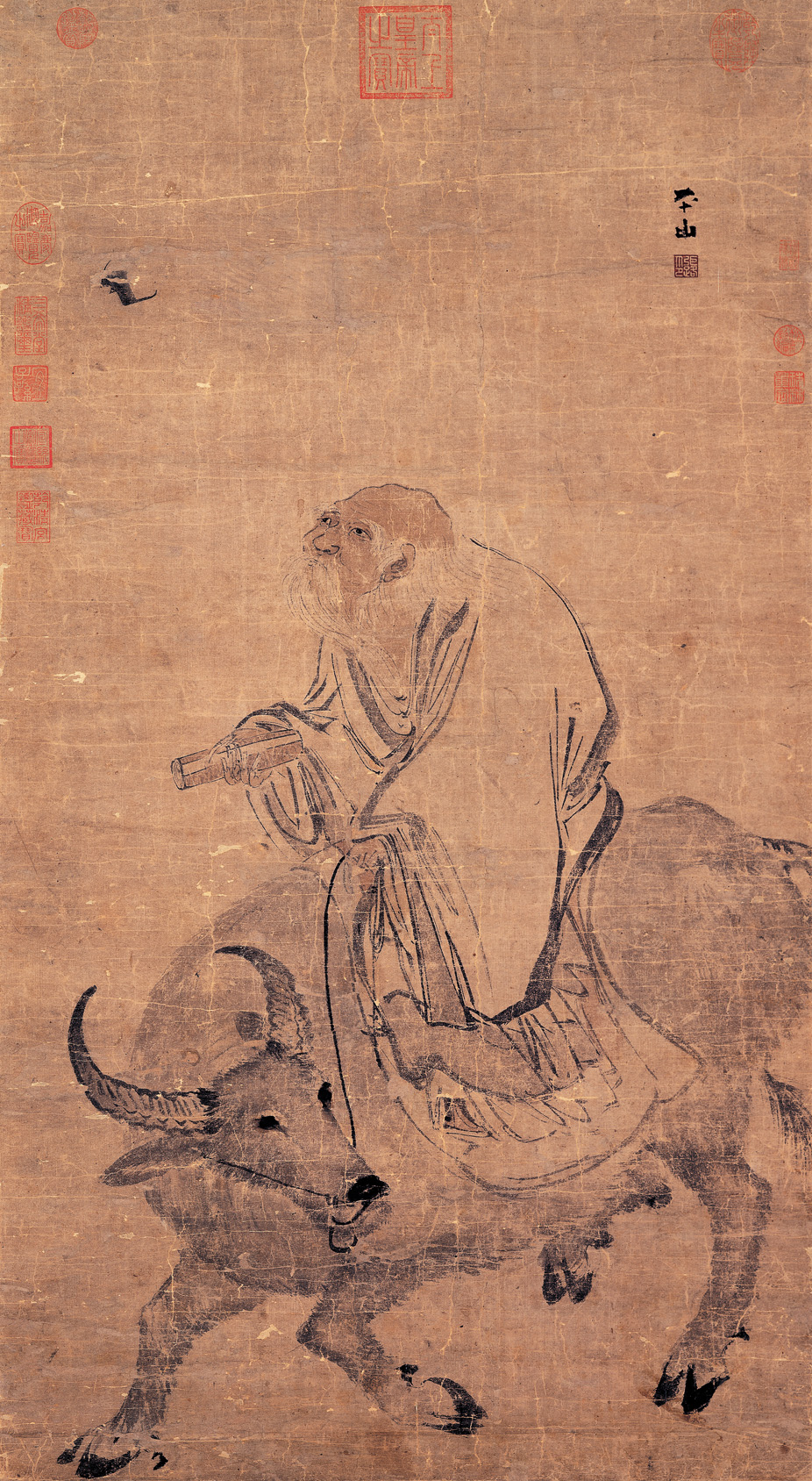
The Lǎozǐ and Zhuangzi: Daoism and the Way of Virtue
As the Confucian school was referred to as Rújiā, the Daoist school was referred to as Daojiā, each called out as one of the six main philosophical schools during the Warring States Period to the Early/Former Han. While a Daoist “canon”…
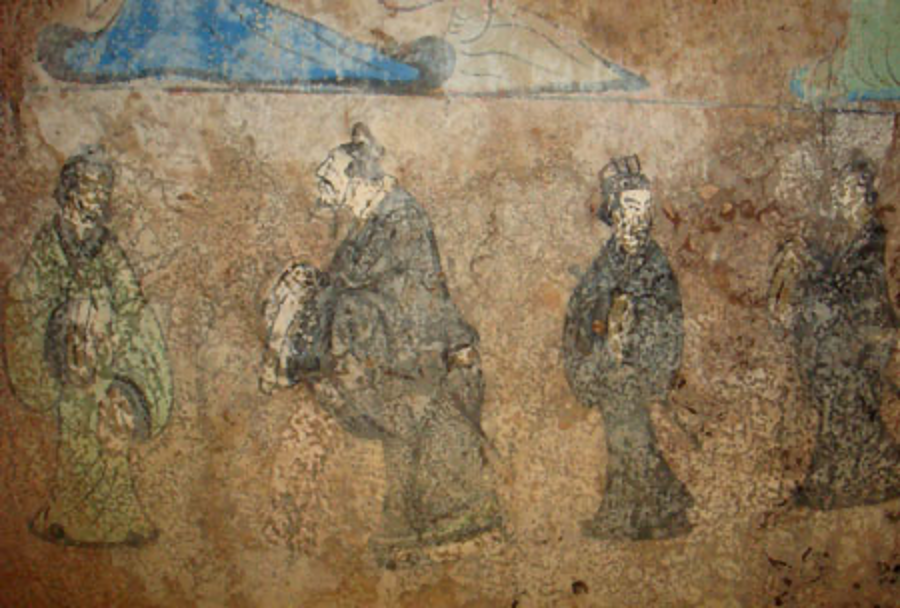
Early Chinese Philosophy: The Humanism of Confucius
The classical period of ancient Chinese philosophy runs from about the 6th century BCE till the 2nd century BCE and is marked by the proliferation and flowering of many varying philosophical schools, an era in Chinese history referred to (by…
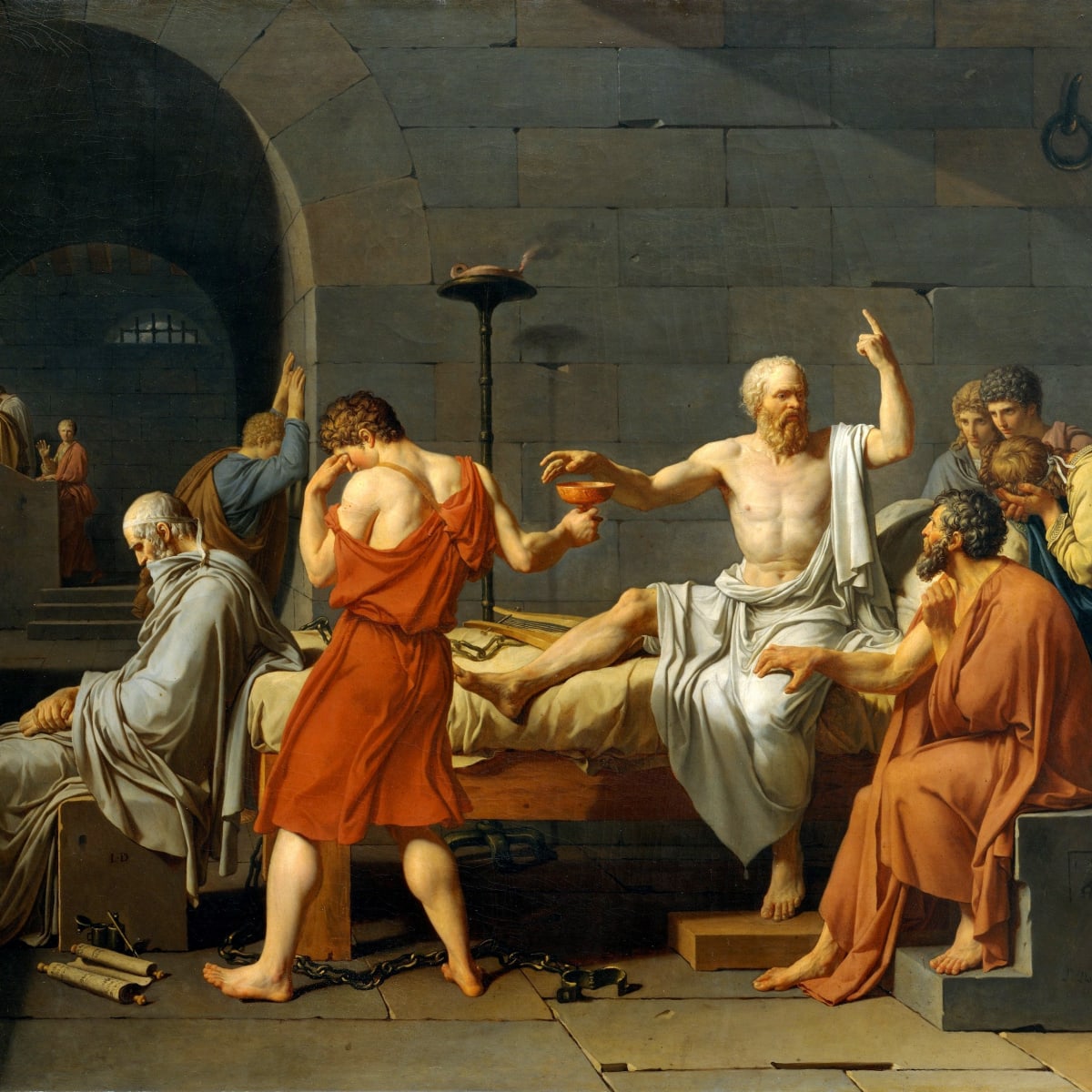
The Legacy of Socrates: Skepticism, Knowledge and Reason
One of the best indications of the influence of Socrates on the development of Western philosophy, what the Hellenes, or Greeks, termed philosophia, his ideas being primarily represented by the writings of his best known pupil Plato, is the…
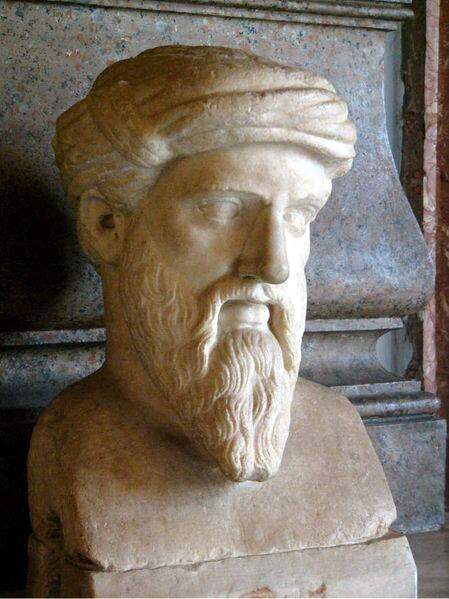
Pythagoras: The Father of Hellenic Philosophy
Pythagoras, Thales of Miletus, Parmenides, Heraclitus, Xenophanes, Zeno, Empedocles, Anaxagoras, Leucippus, and Democritus all made contributions to Pre-Socratic philosophical thought and were referenced by later philosophers and historians…
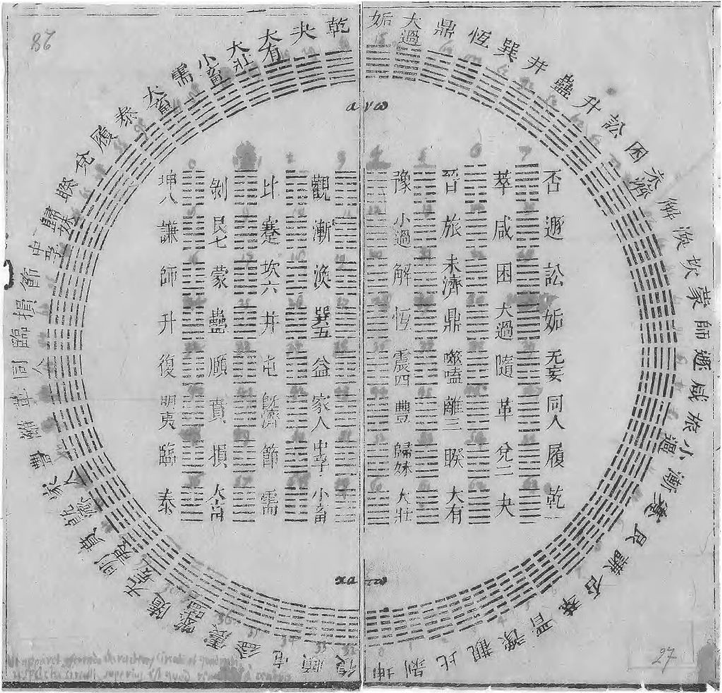
The Metaphysics of the I Ching: The Alignment of Heaven, Man and Earth
While the translational difficulties from Traditional Chinese into English are fairly well documented, even with the introduction of the Pinyin Romanization system of Chinese words in the middle of the twentieth century which is now predominantly…

Ancient Chinese Theology: From Shàngdì to Tiān
The Chinese civilization is if not the, then certainly one of, the oldest persistent civilizations on the planet.[1] Its roots go back to the early part of the second millennium BCE with the first dynastic empire, the Xia Dynasty (circa c.…

From the (Ancient) Far East: The Translation Challenge
We see the first evidence of Chinese writing, pictograms or logograms on bronze and bone artifacts from the last years of the Xia Dynasty (2070 – 1600 BCE), almost four thousand years ago. This writing system, the foundations of which…
